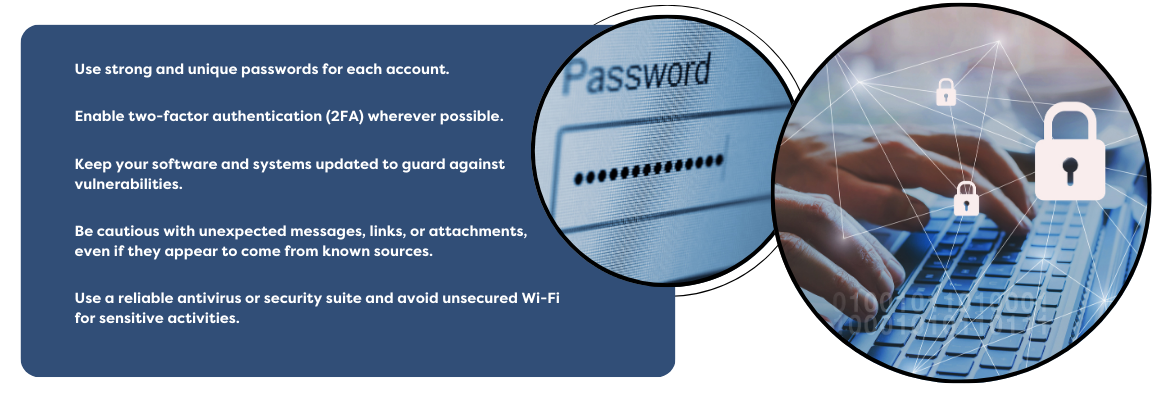During a recent family gathering, our conversation took an unexpected turn. We found ourselves marveling at how internet giants seem to know exactly what we’re talking about—even what we’re thinking about! One family member went so far as to say, “Those tech giants defy natural laws; it’s as if they’re tuning into spiritual realms, intercepting what I ask for in prayer, with no one in the room but me and the creator.”
The thought sparked a murmur of agreement. “Just the other day,” someone added, “I was thinking about fixing up the patio this summer. Suddenly, my Facebook was flooded with ads for patio furniture, outdoor lighting, and pools. By the end of the summer, I was a few bucks poorer just because the word ‘patio’ crossed my mind!”
And then all eyes turned to me. After nearly 40 years in IT—including the early days of AI — I could see they hoped I’d explain this digital mystery. I waited, as I often do, for a direct question. But this time, silence spoke for itself.
A Journey Back to the Beginnings of AI
As I sat there, my mind wandered back to my college years and my first AI project: Artificial Intelligence in the Health Field. Our dean envisioned a system that could interact with patients, analyze symptoms, and produce a diagnosis. Excited by the possibilities, our team set to work, building algorithms, constructing recursive binary trees, and navigating sleepless nights. When we finally finished the code, we celebrated, thrilled at what we’d achieved.
But our project was far from omniscient, nothing like the seamless “listening” experiences my family was describing. Our early AI could handle only two or three yes-or-no questions before stalling. It took the rest of my college years just to make it ten levels deep. Back then, storage was measured in kilobytes, and the internet was still a secret project within the Defense Department.
Fast Forward: Today’s AI Landscape
Fast-forward four decades, and here we are: AI has matured with immense data, refined algorithms, and vast storage capacities. The internet now democratizes information at a scale we could never have imagined back in the ‘80s. Today, AI is making life easier in countless ways. For instance, I used ChatGPT to help refine this very article, and Zoom’s AI-powered note-taking feature is so good, I’ll probably never take meeting notes that pristine myself. And yes, my relative’s patio project turned out beautifully, thanks partly to the AI-powered recommendations guiding their purchases.
But there’s more to today’s AI than these helpful tools. When it comes to finances, AI may not be as friendly as it is with your patio. There’s a “dark AI” lurking, designed not to enhance but to exploit. Older adults, in particular, are especially vulnerable as fraud tactics become increasingly sophisticated. Here are two common methods scammers use:
- Phishing Attacks: Fraudulent messages that appear to be from legitimate sources, urging you to click on links or provide sensitive information. AI helps these attackers tailor messages so they’re even harder to detect.
- AI-Powered Scams and Deepfakes: Attackers use AI to create fake audio or video of trusted individuals, often asking for financial transactions or confidential data. The technology is advanced enough to mimic voices, making these requests sound authentic.
Protecting Against “Dark AI”
Despite its sophistication, AI will always rely on human intelligence. Here are a few practical steps to protect yourself and your finances from “dark AI”:

This year, the week of November 10–16 is designated “Fraud Awareness Week,” a global initiative to remind us all to stay vigilant. But fraudsters never take a break, so maintain caution with all your digital interactions—always. And remember, Eder Financial will never call you to ask for sensitive information, such as passwords, birthdates, or social security numbers.
In the end, I couldn’t avoid the flood of questions about AI that evening. The night may have ended, but the questions didn’t, so I’ll continue offering my honest insights—to my family and to you.
German Gongora
Eder Financial's Director of Information Technology


.png?246x139)